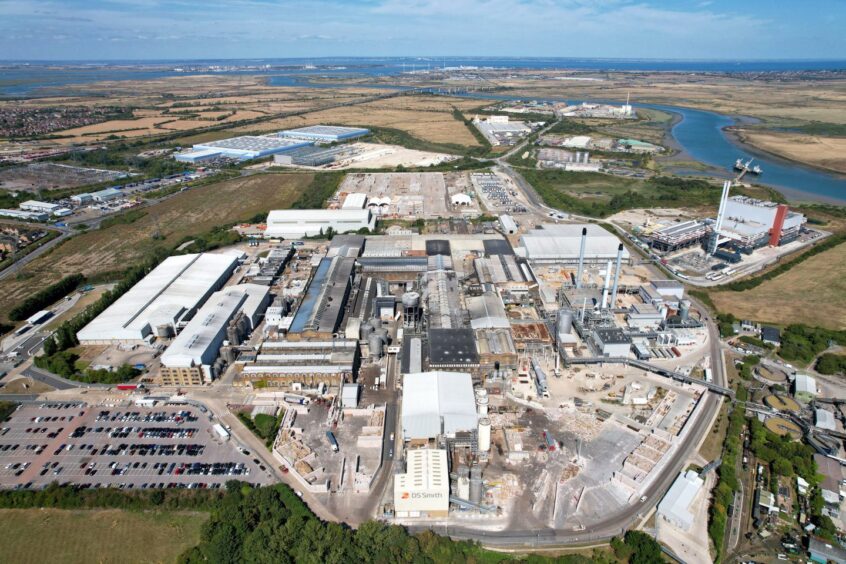 © Supplied by Mace
© Supplied by Mace Partners behind a Kent industrial cluster including waste incinerators and manufacturers expect to unveil a carbon reduction strategy by the end of 2024.
Project lead Mace led a series of announcements to have come over recent days from organisations participating in the Kemsley industrial cluster in Kent, Southeast England. The companies confirmed they had been awarded a portion of a £6 million fund under the local industrial decarbonisation plans (LIDP) competition.
The funding comes from Innovate UK as part of the UK government’s pursuit of net zero greenhouse gas (GHG) emissions by 2050. The UK Department for Energy Security and Net Zero (DESNZ) announced in late August that 13 projects had been successful in securing a portion of the funding available through the LIDP competition.
The Kemsley consortium was listed, with the project simply referred to as “North Kent” in that announcement but now being called the Kemsley industrial cluster by participants. DESNZ said the project was awarded LIDP funding of up to £346,992.
This award appears to have injected new momentum into the project, as illustrated by the flurry of announcements that has followed. The latest of these has come from consultancy and construction company Mace on November 13, confirming its involvement the programme lead, responsible for the overall project management and for overseeing the development of a long-term roadmap and business case, among other tasks.
A total of seven organisations are participating in the cluster: MVV Environment Ridham, Knauf UK and Ireland, enfinium, DS Smith Paper, Heathcote Holdings, Mace and the University of Kent. The organisations represent several industries, with some operating in similar fields to others in the consortium. MVV provides waste-fired energy generation services to waste disposal companies and local authorities, while enfinium is an energy-from-waste operator. Knauf manufactures lightweight building products and systems, DS Smith specialises in sustainable packaging, paper products and recycling services and Heathcote is a group of companies specialising in organics, recycling, waste management, industry innovation, agriculture and land management.
The University of Kent will provide modelling and simulation insight for the project, while the industrial partners will contribute their expertise in dealing with the challenges that the decarbonisation strategy will be seeking to address. Mace noted that the LIDP funding would build on the work already undertaken by the cluster and the University of Kent in assessing initial collective demand and supply for energy and resources in the area. This work will now be expanded on to “consider its application in the context of industrial decarbonisation”, Mace said.
The cluster has operated in partnership for over 10 years to explore opportunities for sharing resources, materials, waste and by-products. The latest announcements represent the project’s next steps.
Mace said the partners would use the LIDP funding to develop a joint carbon reduction strategy, based on modelling of current and future energy requirements and assessing potential carbon reduction opportunities across the cluster. The strategy is due to be published by the end of 2024.
